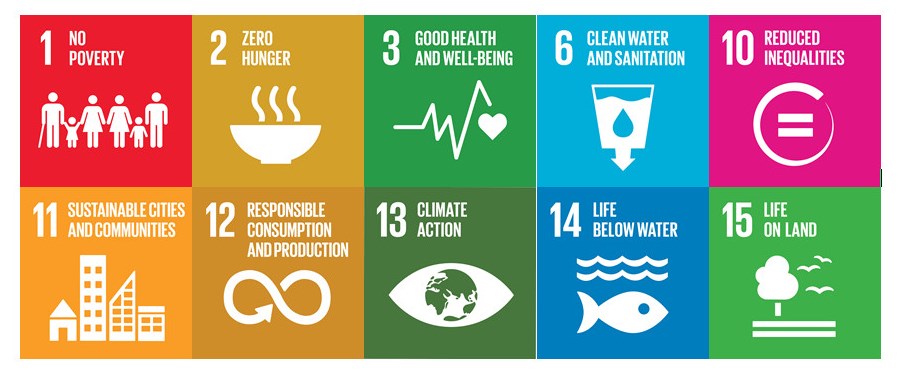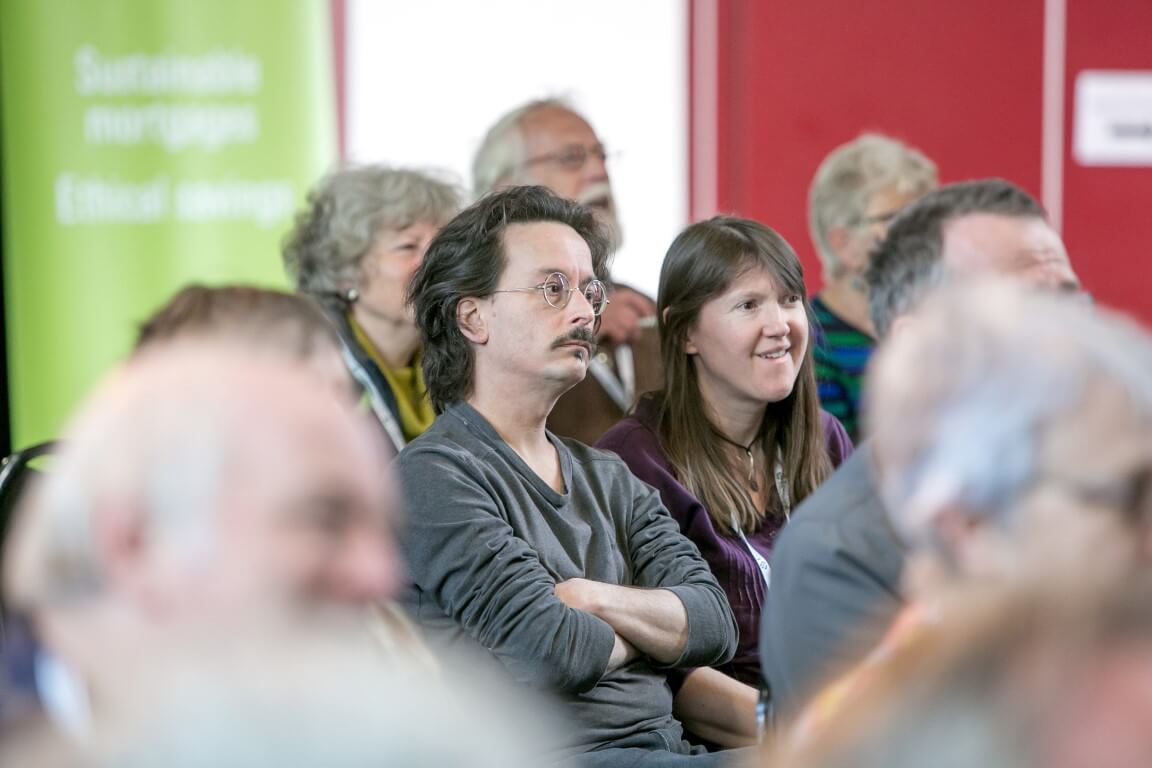Make a Difference Through Our Food Choices

Following our Board meeting earlier this month, non-executive director Alison Vipond discusses the environmental benefits of reducing meat consumption in her latest ‘building a greener society’ blog.
To mark global Banking on Values day, the Ecology team enjoyed a delicious vegetarian shared lunch.
When faced with the world-changing problem of climate change, we often think it’s all down to governments and businesses to make dramatic changes to fix the problem and we are left wondering what we can do as individuals. However we all have the power to make an immediate and significant difference through our food choices.
Eating less meat and animal products is one of the quickest and low cost ways to reduce our carbon footprint and bring a host of other environmental benefits. That’s one of the reasons Ecology always chooses vegetarian catering at our AGMs and Members’ Meet-ups.
The Meat Free Monday campaign was launched by Paul, Mary and Stella McCartney in 2009, to raise awareness of the detrimental environmental impact of eating meat and to encourage people to have at least one meat free day each week. Ahead of the UN Climate Change Conference (COP 23) this week, the McCartneys have released a short film about the contribution of meat production to climate change. It’s beautiful and inspiring.
At the Board meeting, after enjoying our vegetarian lunch, we discussed some of the ways in which eating animal products affects the environment.
Livestock farming contributes 14.5% of global greenhouse gas emissions emitted from anthropogenic activity (Source: UN Food and Agriculture Organisation (2016)). The main sources of emissions are: feed production and processing (45% of the total), outputs of greenhouse gases during digestion by cows (39%), and manure decomposition (10%). The remainder is attributable to the processing and transportation of animal products.
To put this into context, the global emissions of greenhouse gas emissions from buildings (including those from heating, cooking and cooling) are 6% of the total.
Livestock farming accounts for over 8% of global water consumption. A staggering 30% of the Earth’s land surface is used for rearing farmed animals. Much of this is grazing land which would otherwise be available for natural habitats, to support biodiversity. Livestock production is responsible for 70% of Amazon deforestation, where rainforests are cleared for pasture.
Livestock farming is an inefficient way of using most land. For example, cattle require 7kg of grain to produce 1kg of beef, for pigs it’s 4kg and for poultry it takes just over 2kg of grain to produce 1kg of protein. Globally, one third of the world’s cereal harvest and 95% of soya is used for animal feeds. Moving to a vegetarian diet halves the amount of land required to grow the food.
While most of us have food choices, for a large part of the global population, the concern is food security rather than food choice. In 2014, after a steady decline in people living in hunger over the previous decade, the trend turned back upwards. 777 million and 815 million people were undernourished in 2015 and 2016 respectively. A big part of this was due to conflict and corruption, but it was also the result of poor harvests, floods and droughts. The challenge is how to ensure that a growing global population (projected to grow to around 10 billion by 2050) will have enough food to meet their nutritional needs. Agriculture will need to increase food production, while reversing the environmental damage which has already been done, including overgrazing, soil erosion, deforestation, pollution from manure, chemicals, antibiotics, and so on.
There is a mismatch between what we need to do and what society appears to want to do. Demand for meat is expected to more than double by 2050. What will this mean for agriculture, land use, biodiversity and the environment? A vegetarian or ‘flexitarian’ approach (where we make a vegetarian choice sometimes) will help to provide more choices than challenges for future generations.



